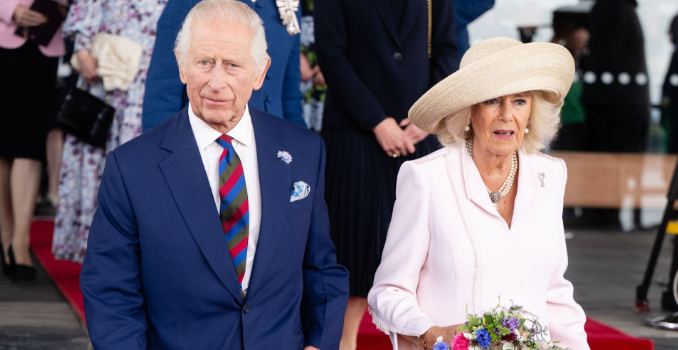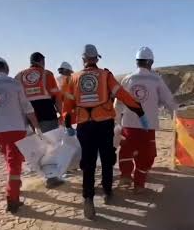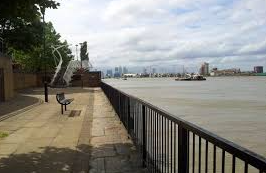
Royal couple’s shortened autumn tour will focus on Australia and Samoa, following the King’s health recovery.
King Charles and Queen Camilla are set to embark on a shortened autumn tour next month, visiting Australia and Samoa. The visit, scheduled for October 18 to 26, was initially uncertain due to King Charles’s ongoing recovery from cancer. The decision was made to allow the monarch ample time to rest, with a lighter itinerary compared to prior royal tours.
The royal couple will first spend six days in Australia, marking the King’s 16th visit to the country but his first since ascending the throne. Their Australian visit will take them to Sydney and Canberra, with engagements including a barbecue with locals and a visit to Sydney Harbour. On October 21, they will be welcomed by Australian Prime Minister Anthony Albanese at Parliament House, strengthening the King’s ties with Australia at a time when the future of the monarchy is under growing scrutiny.
While their visit to New Zealand, initially planned as part of the tour, was cancelled to ensure the King’s health is prioritised, the couple will proceed to Samoa for the Commonwealth Heads of Government Meeting (CHOGM). The meeting will bring together delegations from 56 countries across multiple continents. The King will be involved in various activities, including meeting Australians of the Year, Professors Georgina Long and Richard Scolyer, to discuss melanoma research.
In Sydney, Charles will participate in a Fleet Review of the Royal Australian Navy and visit CSIRO to learn about efforts combating bushfires. Upon arriving in Samoa, Charles and Camilla will be welcomed with a traditional ‘Ava Fa’atupu ceremony, before engaging with local communities to celebrate Samoan traditions and culture. The King will also plant a tree in Samoa’s Botanical Garden, marking the inauguration of “The King’s Garden.”
This visit marks another significant milestone for the royal couple as they continue to navigate the challenges posed by King Charles’s health while maintaining strong relationships with Commonwealth nations.










